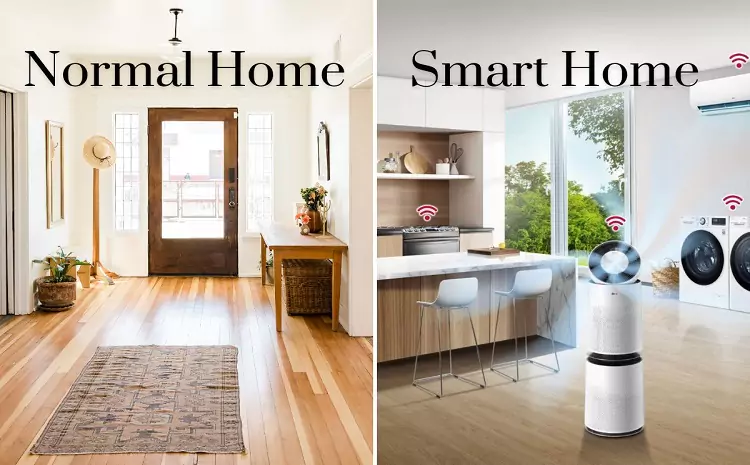The words “house” and “home” are often used interchangeably, but they have distinct meanings. While a house refers to the physical structure or building someone lives in, a home goes beyond that—it’s a place filled with emotions, memories, and a sense of belonging.
Key Takeaways
- A house is the physical structure where people live.
- A home is an emotional concept, representing comfort and belonging.
- The difference lies in the personal connection and meaning attached to a home.
What Is a House?
A house is simply a building or property designed for living. It’s a physical structure that can be bought, sold, rented, or built. A house is often defined by its architecture and design, and it can be either big or small, modern or traditional.
| Aspect | Description |
|---|---|
| House | A physical structure designed for living |
| Property | Refers to the land or building itself |
| Architectural type | Could be a single-family house, apartment, or condo |
House as a Structure
The term “house” emphasizes the building itself. It’s where people live, but it doesn’t necessarily mean they feel connected to it. A house can be empty or lived in without any emotional attachment.
A house is a more general word that refers to the structure itself. You can live in a house without ever feeling like it’s your home.
What Is a Home?
A home is much more than just a house. It’s a place where you feel safe, comfortable, and connected. A home holds more affection and emotional meaning than a house. It’s where you create memories, share meals, and spend time with loved ones.
| Aspect | Description |
|---|---|
| Home | A place of comfort, belonging, and connection |
| Emotional connection | Represents security, warmth, and personal identity |
| Shared experiences | Where memories and relationships are built |
Home as an Emotional Space
The term home is tied to feelings of comfort and love. It’s a place where you feel like you belong. While a house is just a building, a home is where you feel truly yourself.
A home might not even be a house—it could be an apartment, a cabin, or even a room that makes you feel connected.
Difference Between a House and a Home
The main difference between a house and a home lies in the emotional connection. A house is a structure; a home is the place where you feel emotionally attached. The distinction between a home and a house is personal, and it often depends on the experiences and feelings associated with the place.
Key Differences
| Aspect | House | Home |
|---|---|---|
| Definition | A building or structure | A place of emotional attachment |
| Purpose | Designed for living | A place where you feel you belong |
| Emotional Value | Minimal to none | High emotional value |
| Mobility | Can move out without emotional impact | Leaving can be emotionally difficult |
A house is simply a place where you live. A home is where you create memories and feel safe. The difference between a house and a home is about the emotional connection that you have with the space.
Why Is This Difference Important?
Understanding the difference between a house and a home is crucial when thinking about the meaning of where we live. People often seek a place that is not just a house, but a home—somewhere they feel emotionally connected.
Finding Your Home in a House
Turning a house into a home takes time and effort. Personalizing the space, filling it with things that make you happy, and creating memories with loved ones are ways to transform a house into a home.
Some ways to make a house feel like a home include:
- Personalize your space with decorations or family photos.
- Spend time with loved ones in your space to create memories.
- Make it a place of comfort where you feel safe and relaxed.
Emotional Impact of a Home
A home carries emotional weight because it represents security, warmth, and identity. Leaving a home is often much harder than leaving a house, because of the personal attachment. It’s not just about moving from one structure to another, but about leaving behind memories and a sense of belonging.
A home holds more affection than a house. It is where people connect with their family, relax after a long day, and create lifelong memories.
Houses vs. Homes in Different Cultures
In many cultures, the concept of home is tied to family and community. Homes are where families gather, celebrate, and share important moments. In contrast, a house is often seen as just a place to live. The difference between a house and a home can be more pronounced in cultures where family and togetherness are deeply valued.
| Culture | Importance of Home | Meaning of House |
|---|---|---|
| Western culture | Emphasizes personal space and individual comfort | A building for living |
| Eastern culture | Focus on family, community, and shared experiences | Simply a place for shelter |
Conclusion
In summary, the difference between a house and a home is more than just the structure. A house is a physical building, while a home is filled with memories, comfort, and emotional attachment. Understanding this difference can help you appreciate the space where you live and turn a house into a home.









